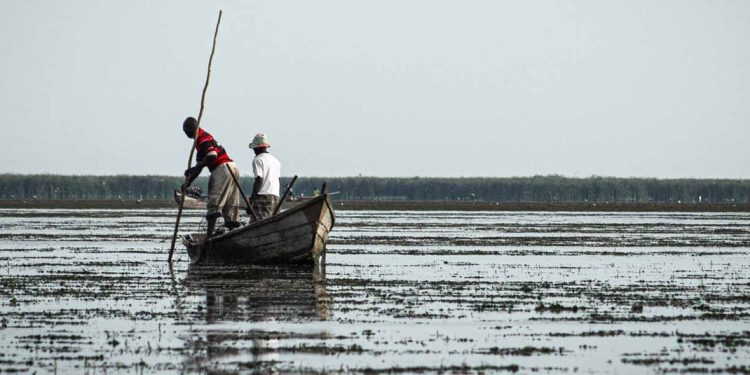New AfDB Review Highlights Inland Fisheries as Lifeline for Millions of Africans
The African Development Bank (AfDB) has released a “Review of African Inland Fisheries,” calling for urgent investment in restoring aquatic habitats and integrating fisheries into broader water resource management to safeguard livelihoods for millions of Africans.
The report highlights the sector’s critical role beyond nutrition, stressing its contribution to resilience, income diversification, and social cohesion. It estimates that Africa has around five million full- or part-time fishers with more than 10 million people — half of them women – dependent on inland fisheries when subsistence fishing is included.
“Realising this potential is crucial to meeting the food and nutritional demands of Africa’s growing population,” the Review warns. “However, this cannot be achieved without a harmonised and integrated approach to other activities that are necessary for development, from energy production to agriculture and industrial activities.”
While inland fisheries have shown natural resilience to climate change, their sustainability depends on the health of aquatic ecosystems and sound water governance. The report urges investment in restoring habitats in modified landscapes, such as reservoirs, adopting nature-based solutions like reconnecting floodplains, reducing pollution and rehabilitating riparian zones. Such measures would not only boost fish production but also improve water quality and provide flood protection.
Protecting critical habitats, particularly in degraded areas such as Lake Victoria’s marshes and Senegal’s heavily polluted Falémé River, is identified as a priority. The report also notes opportunities to combine energy and fisheries development by restoring artificial floods downstream of hydroelectric dams, which has been attempted on Kenya’s Tana River or on the Senegal River.
The publication builds on a joint appeal made in Dakar in September 2024 by the African Development Bank Group and the Food and Agriculture Organisation of the United Nations (FAO), which urged greater recognition of the economic and social contributions of inland fisheries.







